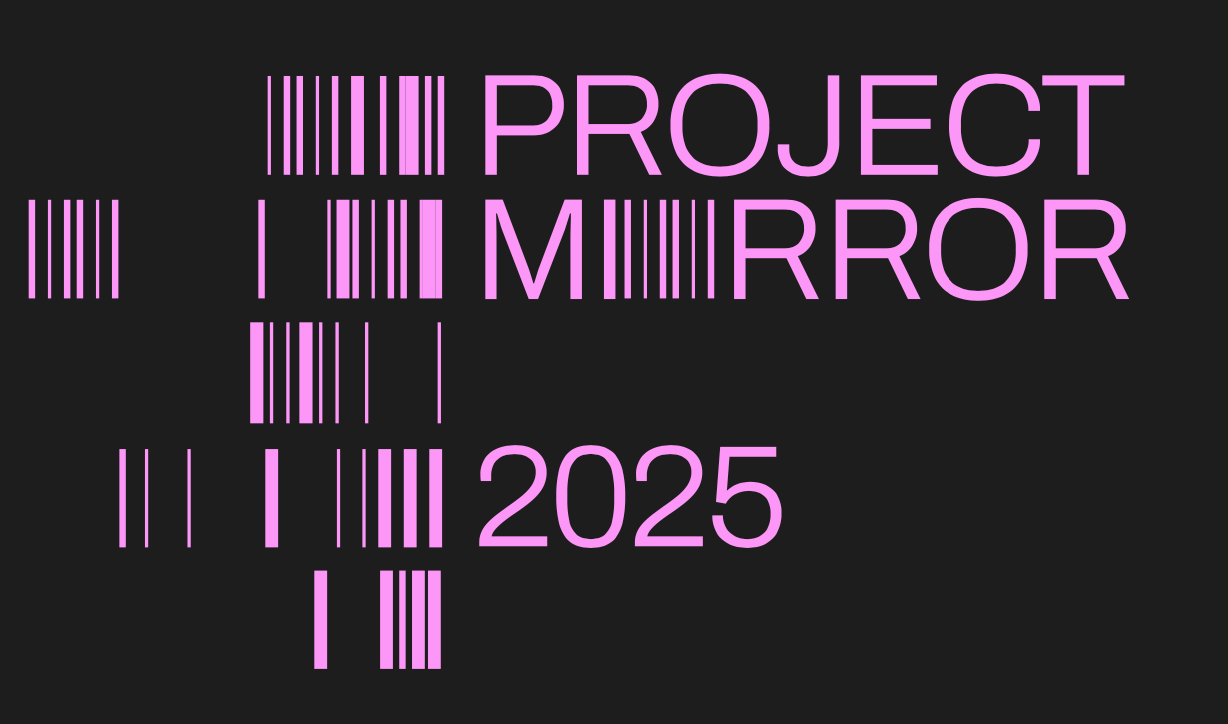Kalshi, State Regulators & Freedom to Speculate



Kalshi is a betting platform – erm, prediction market – where you can place wagers on a wide range of future events. The best known sorts of events are elections and other political outcomes though there are clearly limits on what Kalshi's management is interested in listing in the political space. Think of it as sports betting where the sports section of the newspaper is just the entire newspaper.
Now, Kalshi is not a permissionless system. It is not even a web3 system. Kalshi does not use a blockchain, there is no token and a straightforward legal entity operates the whole platform under traditional governance mechanisms.
But even though Kalshi is not a web3 business, the Kalshi vs States vs CFTC saga has huge implications for the regulation of decentralizaed trading platforms and the trading of decentralized tokens. This is true in part because Kalshi is not a web3 company. Without all the web3 baggage, the core issues are cleaner when it comes to Kalshi. There is no novel technology involved and no discussion of protocols or tokens or DeFi at all. The Kalshi cases are about determining who in the US government has the power to regulate a range of web3-adjacent things without needing to address web3-specific idiosyncrasies directly.
Kalshi has a license from the CFTC under which it runs some prediction markets. And Kalshi is embroiled in disputes with regulators in the states of New Jersey and Nevada. Those regulators claim jurisdiction over Kalshi's activities (at least within those two states) and in some sense do not recognize the CFTC's licenses as empowering Kalshi to run prediction markets in New Jersey and Nevada.
If that sounds odd that is probably because it is odd. If you do not understand how two state gambling regulators can take action against a company for offering "gambling" contracts under a CFTC license, you are not alone. The US government is complicated and multilayered in ways that are mostly unique to the United States of America. And these sorts of strange disputes are both common to the US and essentially-unheard-of everywhere else.
Now it is probably starting to make sense how this matters for web3. If you compare Kalshi's disputes with, say, something as broad as "how should the government regulate DeFi" then Kalshi's issues look straightforward and like the kinds of questions the legal system should be able to answer via routine processes.

The Base Layer Identity Crisis: Why L2 Growth Actually Proves Ethereum's Value
Base pays $6,400 daily to Ethereum validators. This buys access to $140+ billion in security—over $6...

Trends, Tokenization & Treasuries: Cardano's Frederik Gregaard Talks Enterprise Adoption
Gregaard also touched on how quantum security and AI integration are set to play an increasingly imp...

Bitcoin Firms Above $121K Amid Global Macro Shifts & Institutional Accumulation
Your daily access to the backroom...

